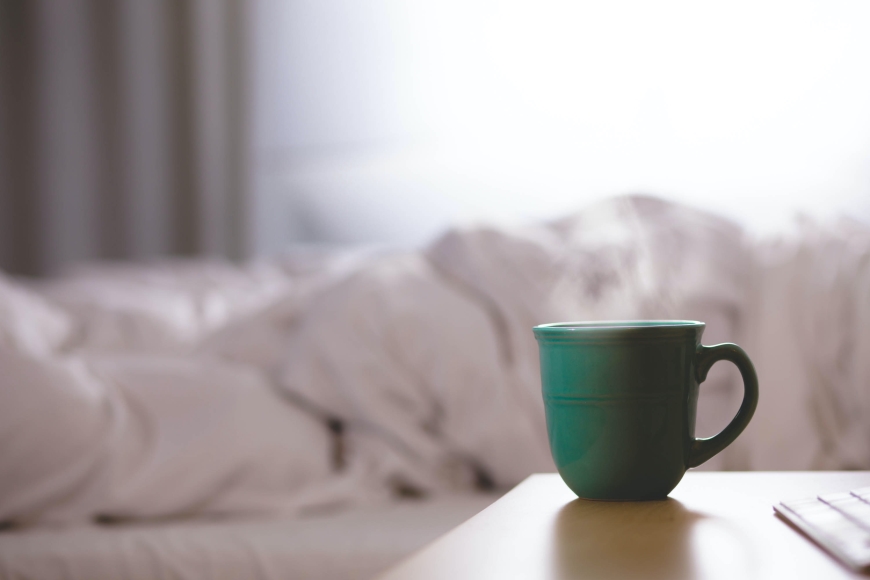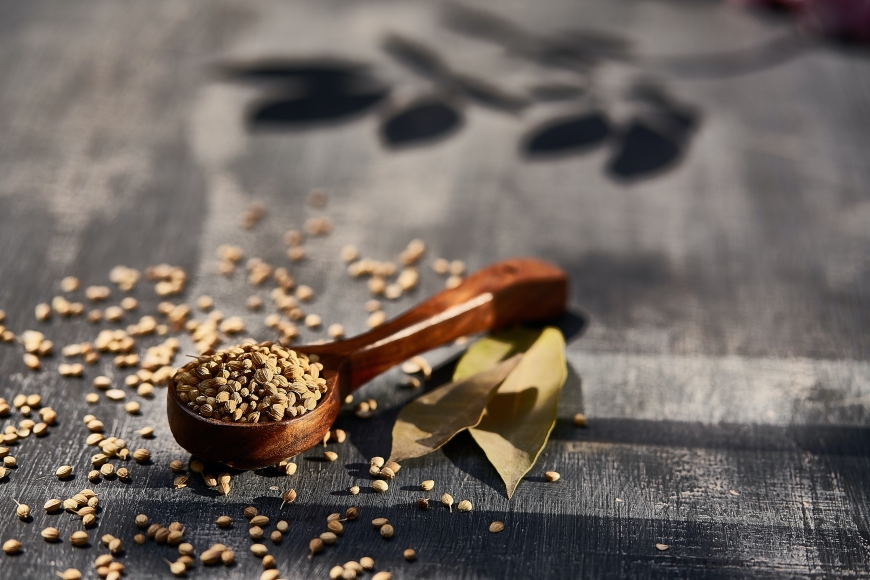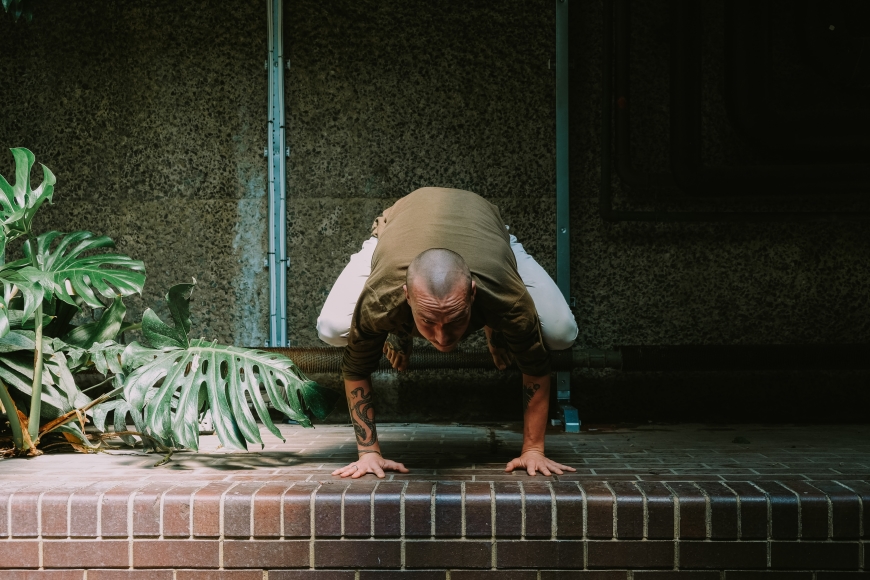Tackling Sinusitis: An Ayurvedic-Centric Health Approach

Ayurveda states that symptom treatment takes you only halfway to optimal health. You will need to additionally address the ‘root cause’ of a disease to achieve optimal health. This is especially the case with long term health ailments. For instance, sinusitis occurs due to the inflammation of paranasal sinuses. Thus, this blocks mucus production and sinuses are unable to work effectively.
Certainly, these ailments are not incurable. Ayurveda provides a safe and sustainable tackle such ailments. Given below is the story of a patient who could break free of these symptoms through such remedies. Vedika, a global anchor teacher from Vaidya Abhijit Jinde, narrates the nuances of her story.
Background and Symptoms
The practitioner in this case is Dr Vaidya Abhijit Jinde, M.D., who is an anchor faculty member and head of the Panchakarma department at Vedika global. He has degrees in Ayurvedacharya (BADMS) and Ayurvedavachaspati (MD) from Pune University and Puri respectively. He is a practicing Ayurvedic physician since 2002 and owns his own private Panchakarma clinic in Pune. Moreover, he works as a speciality consultant at a Yoga Ayurveda Naturotherapy Clinic in Pune named Vishwananda Kendra, and heads a Panchakarma therapist course there.
Dr Jinde’s patient was a 35 year old women with a severe nasal condition. This was predominant through sneezing, wateriness of eyes, headaches and head heaviness, due to which she was unable to breathe or sleep easily. Further, these symptoms had been recurrent for two years. Her previous medications focused on the symptoms rather than root cause. As a result, her ailment persisted.
Analysis
Ayurvedic practitioners aim to entirely understand their patients’ health to diagnose and treat a sinusitis treatment in Ayurveda. Thus, Dr Jinde uses three tools to assess her patient, namely Prakriti, diet and lifestyle. First, Prakriti (one’s physical and mental constitution) determines how external factors affect their health. Second, one’s diet helps to understand aggravation of their kapha dosha. Third, one’s lifestyle is a predominant factor in determining dosha balance.
Prakriti is a sanskrit word which means bodily constitution. It constitutes varying proportions of three biological energies, namely vata, pitta, and kapha. Further, these can be broken down into earth, air, water, ether, and fire. Most importantly, this aspect helps to determine the impact of food and lifestyle factors on one’s body.
Dr Jinde’s patient was Kapha dominant (constituting earth and water). She also had a high intake of kapha-dominant foods (e.g. yogurt and sour food). First, yogurt increases water secretion and thus difficult to digest, which raises kapha presence. Second, she frequently ate sour food and pickles in particular, which creates the same effect. This was made worse consumption prior to bedtime, when metabolism and digestion is slower.
As for her lifestyle, Dr Jinde’s patient exercised rarely. To clarify, this is detrimental for a person with kapha predisposition. She sometimes did ride a bike occasionally in the cold. However, cold weather causes further aggravation and may compound her symptoms. Thus, she would require activities to heat her body and ward off excessive kapha.
Treatment
Dr Jinde stresses on sustainable lifestyle changes to tackle the root cause of the diseases. This strictly differs from part-time medicines or detoxes. Moreover, the patient herself is placed at the centre, as opposed to the general medical model which serves as a standard reference for ailments. This builds confidence within the patient and gradually incorporates long term remedies which suit herself and her body. Some of these changes are given below.
Nasya Therapy
Firstly, the Nasya therapy is the best sinus Ayurvedic treatment for Dr Jinde’s patient. This is a ten-session method which involves a face, neck, and shoulder massage. Practitioners uses herbal form of sesame oil to reduce Kapha production. After that, they apply herbal oil to the insides of nostrils, alongside a steam. The quantity of herbal oil increases over time, and is dependent on the patient’s sensitivity.
This process can reduce mucus membrane inflammation to kick-start the healing process. Subsequently, the patient felt better by the eighth session, when her symptoms had almost entirely vanished. Additionally, she made changes to her diet, lifestyle, and use of herbal oils to maximise the benefits of Nasya therapy. These are tweaked to suit both the physical and mental well-being components of the individual.
Diet
Secondly, with regards to diet, Ayurveda generally holds that an individual should balance out the six tastes (sweet, sour, salty, pungent, bitter, and astringent). However, our body typically needs to moderate these during a lack or excess of any one dosha. Instead of depriving her patient of the sour taste she enjoyed, Vedika suggests some vital alterations. For instance, she suggests using pomegranate seed powder and lemon extract in cooking, as a replacement to pickle as a side dish. Further, her patient was to reduce yogurt consumption especially at night time.
Moreover, certain kapha-pacifying foods are a great Ayurvedic medicine for sinus. For instance, go for sweet or sour fruits such as bananas, pineapples, or dates. Amongst vegetables, opt for their juicier forms such as cucumbers, squash, sweet potatoes, or courgettes. Further, avoid overtly sour, sweet, oily, or protein-heavy foods, which do not suit your constitution.
Lifestyle and Herbal Oils
Second, Dr Jinde recommends sufficient exercise to reduce kapha aggregation levels. Above all, it ensures both physical and mental wellness which prevent tridoshic imbalances. However, he also recommends he use of sufficient layers to stay warm. People commonly cite coldness as a means of kapha aggravation, which leads to greater mucus production. This is especially true in case of his patient, who is already kapha dominant.
His patient was also to continue to use herbal oil nasal drops during Nasya therapy. This can eventually restore her mucus membrane linings. Further, the herbal essence of the drops would have had a soothing effect on her system. She can gradually wean off these drops on restoration of respiratory strength.
Takeaways
Ayurvedic remedies are known to cure ailments through the perfect balance of scientific temperament with tradition. Above all, it provides practitioners the flexibility of custom-curation to heal their patient. Ayurvedic medications and cleanses cannot work in isolation; they work in tandem with your lifestyle to produce results. This is especially evident with the case of Dr Jinde’s patient.
Through expert guidance, she was able to follow overall recommendations and avoid relapses. Above all, these tackle the root cause of her ailment, which prevents it from striking back as was the case earlier. This was even true with as seasons change, which typically cause sinus aggravation. In short, she was amazed at the transformations Ayurveda had brought to her life.
Check out one of our packages here at Mekosha for an Ayurvedic treatment in Kerala.








